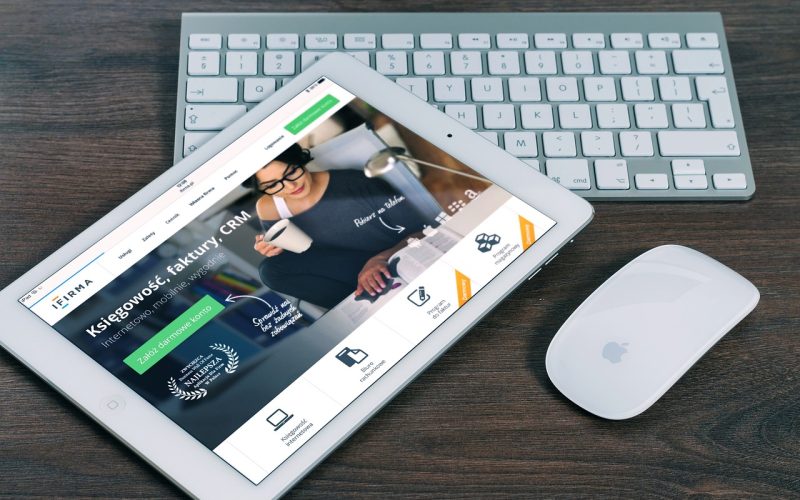In the digital age, dating apps have revolutionised the way people meet and form relationships. With a few swipes and taps, users can connect with potential partners from the comfort of their homes. While these apps have made dating more accessible and convenient, they also come with their own set of challenges.
Accessibility and convenience
One of the most significant advantages of dating apps is their accessibility and convenience. Traditional dating methods often require time and effort, such as attending social events or setting up blind dates. Dating apps eliminate these barriers by providing a platform where users can quickly and easily browse profiles, chat with potential matches, and arrange dates. This convenience is particularly beneficial for busy professionals and individuals with limited social circles.
Expanded dating pool
Dating apps provide users with access to a vast pool of potential partners. Unlike traditional dating methods, which are often limited to a specific geographic area or social circle, dating apps allow users to connect with people from all over the world. This expanded dating pool increases the likelihood of finding a compatible match, as users can filter their search criteria based on preferences such as age, interests, and values.
Enhanced communication
Another advantage of dating apps is the enhancement of communication between potential partners. Many apps offer features such as instant messaging, video calls, and voice notes, allowing users to get to know each other better before meeting in person. This can help build a stronger foundation for a relationship and reduce the risk of disappointment or misunderstanding during the first date.
Superficial connections
Despite the many advantages of dating apps, there are also several disadvantages to consider. One of the most significant drawbacks is the potential for superficial connections. The swiping culture of dating apps often encourages users to judge potential partners based on their appearance rather than their personality or values. This can lead to shallow relationships that lack depth and emotional connection.
Privacy and security concerns
Privacy and security are also major concerns when it comes to dating apps. Users are required to share personal information, such as their location, photos, and interests, which can be exploited by malicious individuals. Additionally, there is the risk of encountering fake profiles or scammers who may attempt to deceive users for financial gain. To mitigate these risks, it is essential to use reputable dating apps with robust security measures and to exercise caution when sharing personal information online.
Impact on mental health
The popularity of dating apps can also have an impact on users' mental health. The constant cycle of swiping, matching, and messaging can become addictive and lead to feelings of anxiety, stress, and low self-esteem. Rejection and ghosting are common experiences on dating apps, which can take a toll on users' emotional well-being. To maintain a healthy balance, it is important to set boundaries and take breaks from dating apps when needed.
Dating apps offer numerous advantages, such as accessibility, convenience, and an expanded dating pool. They also enhance communication between potential partners, making it easier to build connections. However, the popularity of dating apps also comes with disadvantages, including the potential for superficial connections, privacy and security concerns, and the impact on mental health. By being aware of these pros and cons, users can make informed decisions about their use of dating apps and strive to have positive and meaningful dating experiences.























